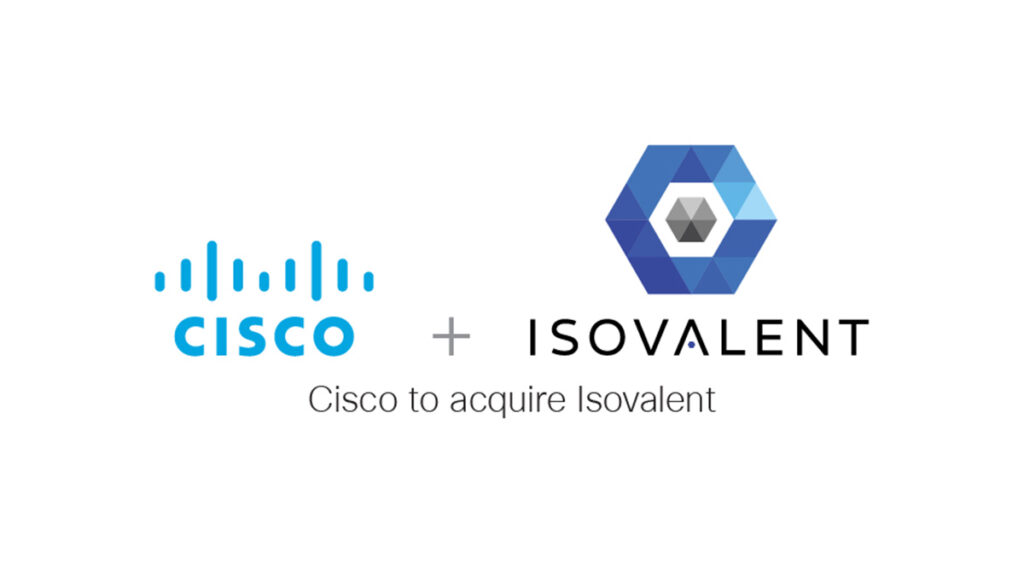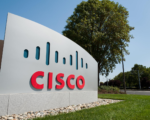Cisco revealed its plan to acquire Isovalent, a cloud-native security and networking startup, aligning with the tech giant’s core networking and security strategy. Although the purchase price remains undisclosed, Isovalent has been instrumental in advancing open source technology, particularly with eBPF, offering profound insights into the operating system layer, including Linux and Windows. Their creation, Cilium, further enhances visibility into cloud-native applications, while Tetragon amplifies the company’s open source security visibility.
Tom Gillis, senior VP and general manager of Cisco’s Security Business Group, explained the significance of these elements in the evolving cloud landscape, where software-driven approaches have replaced hardware appliances. He emphasized how eBPF and Cilium provide crucial visibility, enabling observation of application interactions with networks and ensuring security by scrutinizing their logical coherence.
Cilium, a foundational piece within Google Kubernetes Engine, Google Anthos, and Amazon EKS Anywhere, has garnered significant adoption across prominent enterprises such as Adobe, Bell Canada, Capital One, Datadog, Palantir, IKEA, and Sky. However, the acquisition of a startup built on popular open source projects like Isovalent’s might raise concerns within the community and among large companies reliant on this software.

Gillis asserted that ensuring the thriving success of open source components, like Cilium and eBPF, is in everyone’s best interest for future standards and innovations. Drawing parallels with Kubernetes, Gillis likened these open standards to catalyzing innovation across diverse platforms.
Jeetu Patel, executive VP and GM of security and collaboration at Cisco, emphasized collaboration and open innovation in the security domain. Stressing the importance of an open approach, he highlighted the real adversary in security concerns being a common one, rather than competitors. Patel underscored the need to co-innovate, suggesting open source models as a significant avenue for collaborative innovation.
This acquisition comes after Cisco’s prior investment in Isovalent’s Series A and Series B funding rounds, indicating a pre-existing relationship. Cisco’s notable acquisition spree this year includes eleven acquisitions, with five centered on security. Notably, the largest of these acquisitions was the $28 billion Splunk deal announced in September. The closure of the Isovalent acquisition is anticipated in the second quarter of Cisco’s fiscal year.














